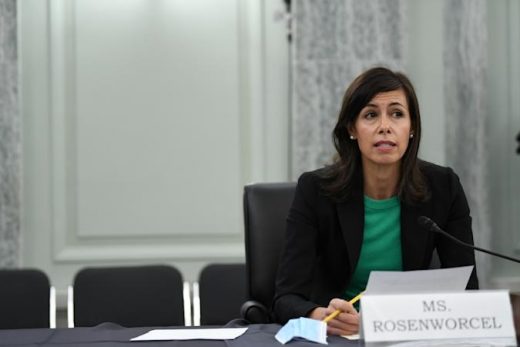FCC fines two Texas telemarketers $225 million for making 1 billion robocalls
FCC fines two Texas telemarketers $225 million for making 1 billion robocalls
It’s the largest fine in the agency’s history.


The Federal Communications Commission (FCC) has issued the largest fine in its history. Two Texas-based telemarketers are on the hook for $225 million after making approximately 1 billion robocalls to people across the US. They ran at least two businesses that illegally spoofed other companies to try and sell people on short-term insurance plans, claiming they were from well-known providers like Cigna.
One of the people involved in the scheme admitted to making “millions” of robocalls per day, even going so far as to go out of his way to call numbers on the Do Not Call list because he believed it would be more profitable to do so. According to the FCC, “a large portion” of the more than 23.6 million health insurance robocalls that crossed US wireless networks in 2018 came from Rising Eagle, one of the companies the two telemarketers ran.
A fine, even the biggest in the agency’s history, is unlikely to rein in robocalls. In fact, there’s evidence to suggest they haven’t been effective at all. Two years ago, a report from The Wall Street Journal found that between 2015 and 2019, the FCC had ordered violators of the Telephone Consumer Protection Act to pay $208.4 million in penalties. By the end of that period, the agency had only collected $6,790. That number may have changed in the years since the WSJ’s report came out. All the same, it’s not encouraging.
If there’s good news, it’s that the FCC isn’t limiting itself to fines. In a separate announcement, the agency detailed its new anti-robocall agenda. Acting Chair Jessica Rosenworcel has established a Robocall Response Team. Made up of 51 FCC members across six offices, the team will coordinate the agency’s anti-robocall efforts and develop new policies for it to put in place. It has also sent cease-and-desist letters to six companies in Canada, the UK and the US that have consistently spurned its guidelines on automated calls. If the companies don’t comply with the letters, the FCC says it may instruct voice providers in the US to block all traffic from them permanently.
(18)


